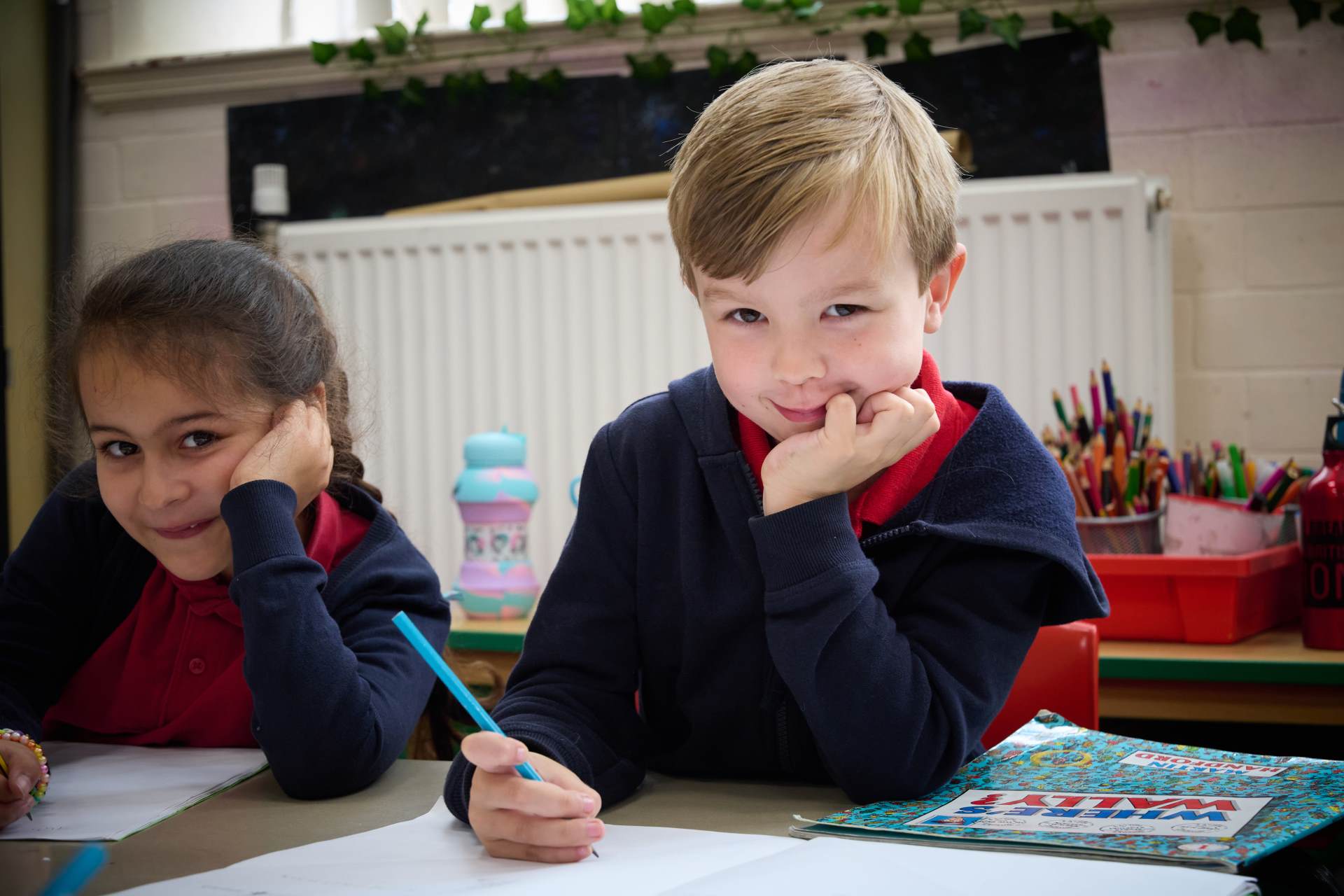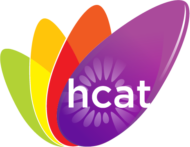Geography

Curriculum Intention
At Thoresby, our Geography curriculum is evidence- led. We have researched sources that include the Ofsted Research Review in Geography (June 2021), The Ordnance Survey research on the teaching of mapping skills, The Education Endowment Fund and the Geographical Association.
Our aim can be summarised in the following quote from Dr Paula Owens (Ordnance Survey);
“A high –quality geography education should inspire a pupils curiosity and fascination about the world and its people that will remain with them for the rest of their lives.”
We follow the National Curriculum in what to teach and draw from research about enquiry learning approaches in how to teach it.
Knowledge-led curriculum
Our geography curriculum builds a core knowledge and understanding that enables pupils to make sense of new information. It offers ample opportunities to talk and discuss so that pupils can relate new learning to what they already know. The content is carefully constructed and sequenced taking into account the themes, concepts, places and skills required and the local context to which our pupils belong.
Rationale for the Geography curriculum at Thoresby
We take into account;
- The pupils’ past curriculum experience, including the impact of COVID on their earlier geographical knowledge.
- The context of the local area being inner city, close to the coast with rivers and a major estuary.
- Topical events and new technologies such as conservation, environmental impact and new sources of energy
CURRICULUM REVIEW
We regularly review curriculum plans to ensure they reflect the latest best practice and research. We also review their effectiveness and ultimately the impact on pupils’ learning.
DETERMINING THE IMPACT OF THE GEOGRAPHY CURRICULUM
The impact is determined simply by the extent to which pupils get better at Geography, knowing more and remembering more.
We measure this by;
- How fluent they become and their world knowledge.
- Their ability to extend from the familiar and concrete to the abstract.
- Their ability to make sense of the world and the connections between people, places, processes and environments.
- Their ability to work with more complex information about the world.
- Their increasing range and accuracy of investigative skills and ability to apply these with increasing independence.



